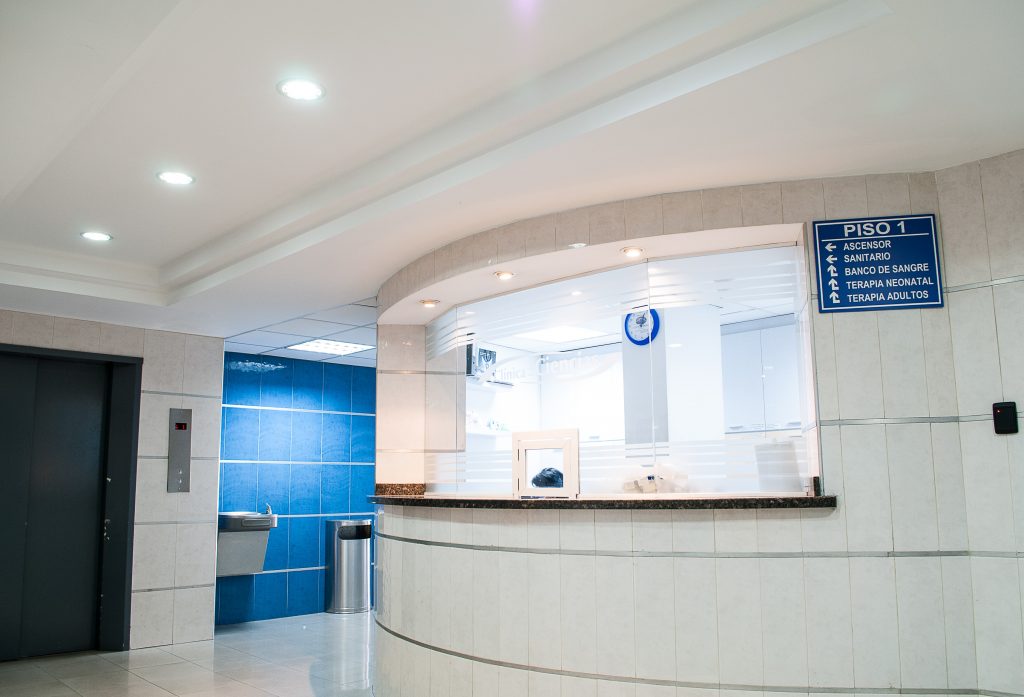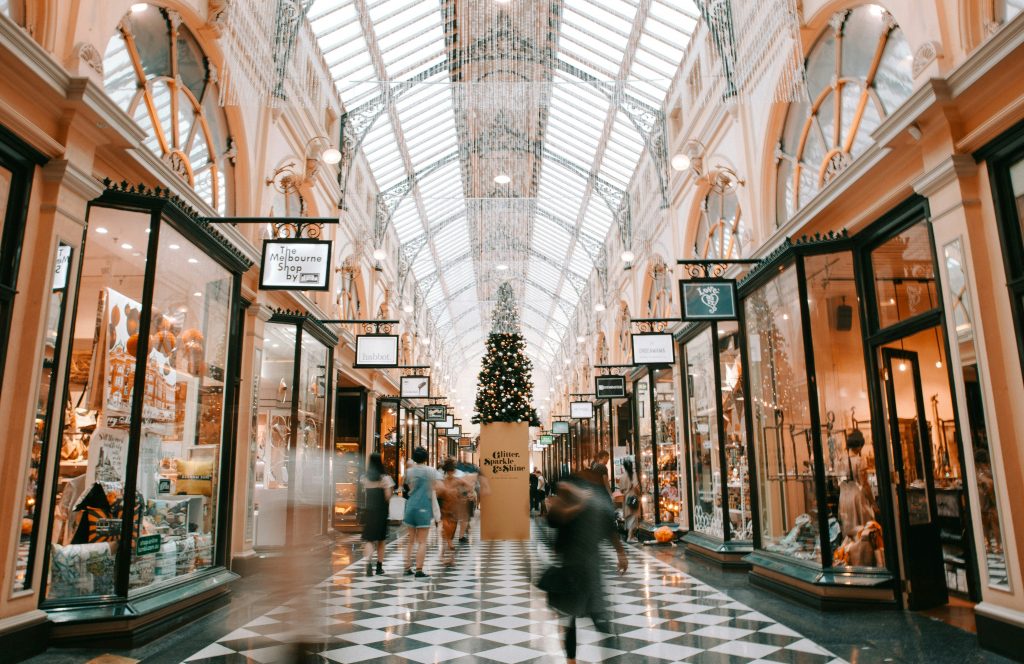Many people have
valuables of some kind that they want to keep under lock and key but
what’s the best way to store them? Most people either opt for a home
safe or safety deposit boxes, so with this in mind, let’s take a
closer look at both and make comparisons.
Home safes
Whether it’s a
combination safe, an electronic keypad, or biometric (fingerprint)
opening, home safes come in a wide variety of shapes and sizes. From
the small cupboard-sized variety that are often hidden behind
paintings, or fitted neatly into walls, to the larger fridge-sized
free-standing variety there are many to choose from. While no safe is
foolproof, those home safes with keys are arguably the easiest to
break into because they can be picked. Combination and keypad entry
safes are more difficult to enter provided that you steer clear of
obvious combinations such as anniversaries or birthdays; but the one
that offers the highest degree of safety is the biometric variety.
However these are usually also the most expensive.
The issue with smaller
safes is that they can simply be picked up and carried away if a
thief was particularly determined. Even though some safes are fitted
into walls, the problem is that on newer houses walls are often
thinner making positioning difficult. The best course of action in
this scenario might be to purchase a floor-standing safe that’s both
bigger and heavier and (if necessary) can be bolted directly to the
ground for added security. However the downside to this is that they
are of course bulky and can take up a lot of space.
Safety deposit boxes
These are miniature
safe-like boxes located in banks that people can access as and when
they need to. There are several advantages to using them. Firstly any
smaller valuables such as jewellery, important documents, cash, and
even photographs can be stored away from the home. Remember your
valuables can’t be stolen from your property if they aren’t there, so
it gives better peace of mind in most cases. In addition safety
deposit boxes are likely to be housed in a secure premises usually
with thick walls and blast doors for protection. In addition, because
deposit boxes are kept away from the home your valuables will remain
safe if your property experiences a fire, flood, or any other form of
natural disaster. Finally, deposit boxes can be a cost effective way
of protecting your valuables with prices starting at as little as
$40-$50 per year.
On the flip side safety
deposit boxes have their disadvantages too. Firstly you won’t be able
to access your belongings 24/7 as you can a home safe. Instead access
is normally limited to bank opening hours. Even the larger of
security boxes won’t be able to hold much more than jewellery or
paperwork so you could well be limited to what you store. Finally
you’ll need to keep a key, so if you have a tendency to lose items,
then it could cost you a hefty amount to get it replaced or to change
the lock on the box itself.
As you can see there
are advantages and disadvantages to both types. It’s just a case of
working out your priorities and seeing which type suits your needs.
At MA Security, although we don’t supply safes and security deposit
boxes, we can advise you on best security practices within your home
or business. This includes making your valuables safe. To find out
more why not ask us about a home or business security assessment.
Contact us on 1300 020 406 and talk to our experienced team today.


